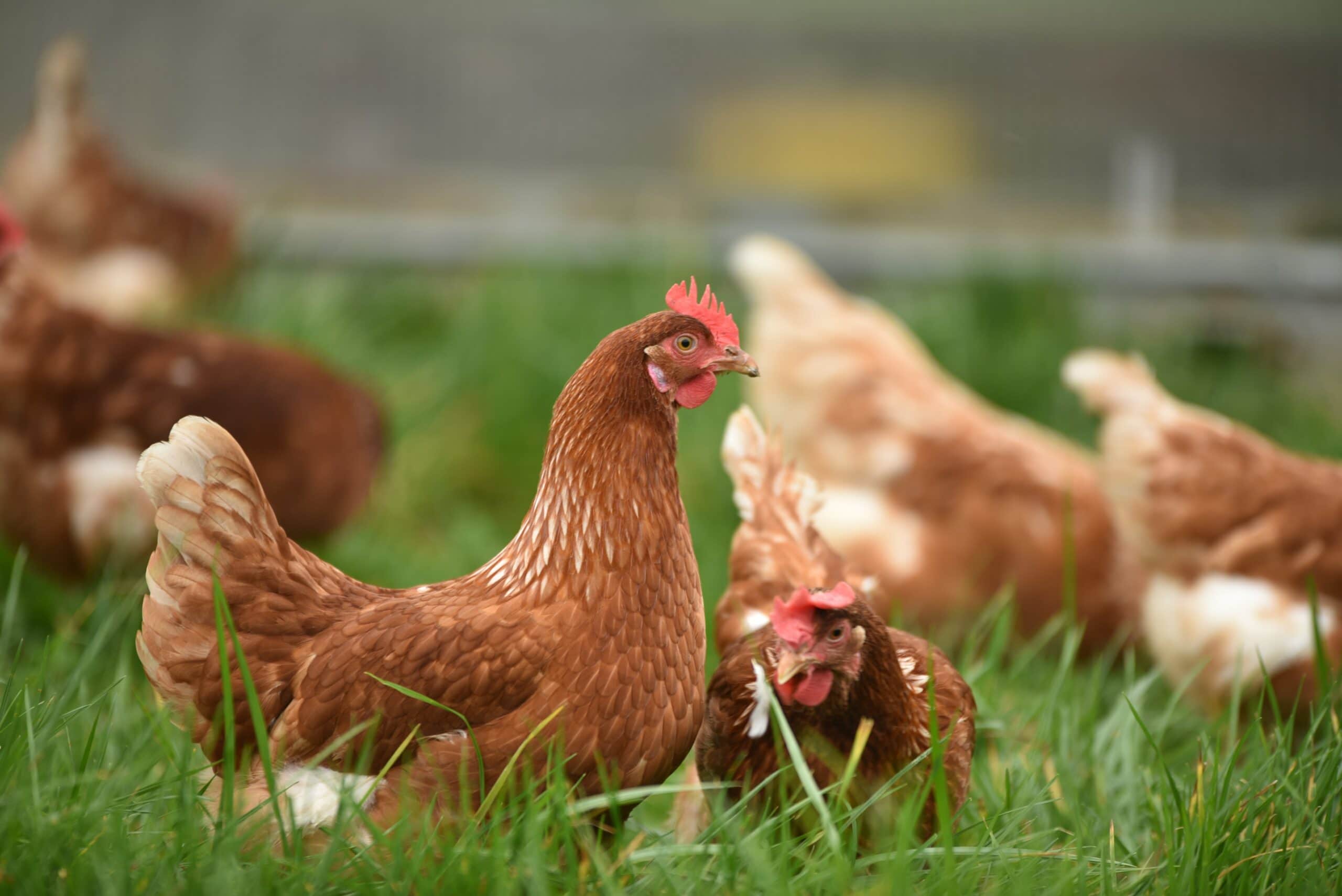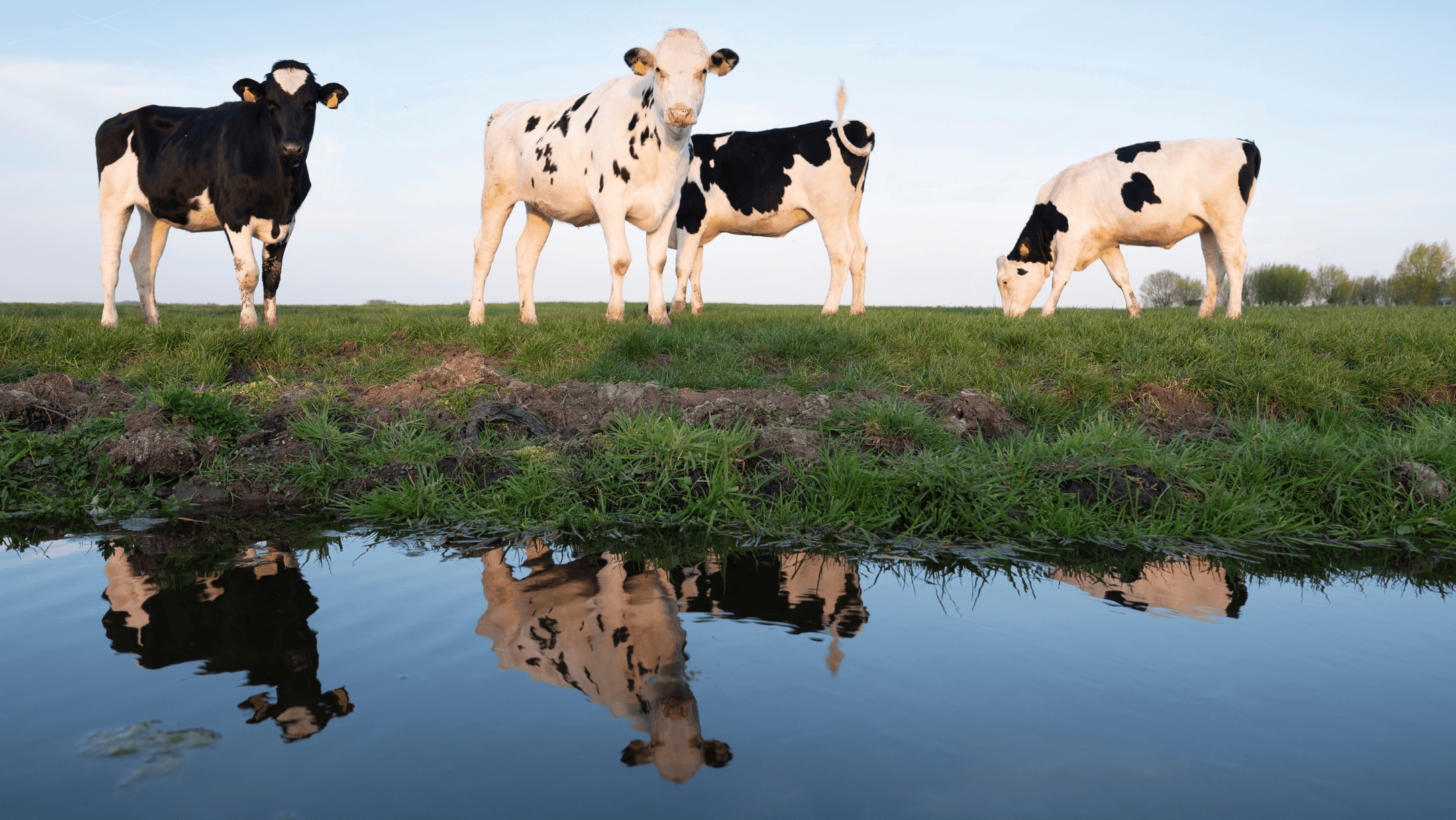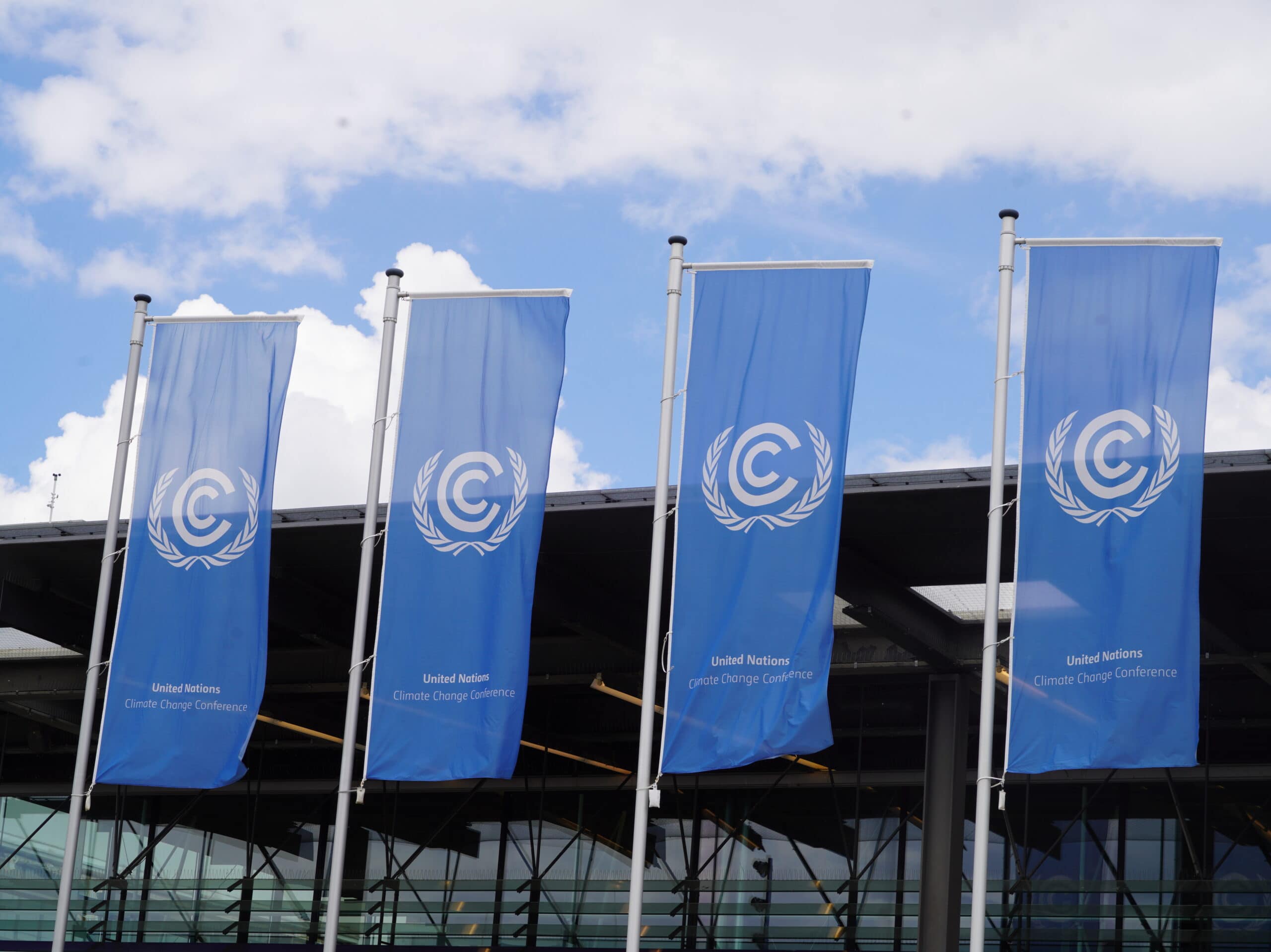The UN Climate Change Conference kicks off on Monday in Bonn, and the World Federation for Animals (WFA) will be there to emphasise how protecting animals strengthens climate action. Over the two-week conference, the Federation will engage with delegates from across the globe attending the 60th sessions of the Subsidiary Bodies of the UN Framework Convention on Climate Change (UNFCCC). Our goal is to ensure that animal welfare becomes a core aspect of the global response to climate change.
Official UNFCC side events
Despite a highly competitive year, with a 33% reduction in side event slots and a 16% increase in applications, we secured important spaces to advocate for the integration of animal welfare into climate strategies. The Federation’s events will take place in Room Berlin at the SB60 venue, World Conference Center Bonn.
Four Paws leads discussion on soil health & sustainable agriculture
On June 7 at 10:15, WFA member FOUR PAWS will co-host “Soil Health for People and Planet: Leveraging policy, integrating governance, exploring collaboration” The event will explore the essential role of soil health in regenerative agriculture and planetary health. Panellists will discuss best practices for safeguarding soil health and promoting sustainable land management. FOUR PAWS will highlight the environmental, climate, and welfare benefits of keeping grazing animals outdoors, particularly ruminants. The event seeks to share innovative policy mechanisms and financial pathways to increase the accessibility of soil-forward farming practices.
Compassion in World Farming International & UNEP make nitrogen visible
Also on June 7 at 11:45, Compassion in World Farming is co-hosting an event to explore how nitrogen waste and pollution are reflected across the Rio Conventions—governing climate change, biodiversity, and desertification. The discussions will showcase how sustainable nitrogen management can deliver just, inclusive, and enduring progress towards internationally agreed goals. Co-organisers include Pakistan’s Ministry of Climate Change and Environmental Coordination, the UN Environment Programme, the International Nitrogen Management System, and the University of Agriculture Faisalabad. Click here to follow the event.
WFA, WDC, EfA, and IFAW explore wildlife’s role in climate action
On June 11 at 11:45, the WFA secretariat, together with its members Eurogroup for Animals and Whale and Dolphin Conservation (WDC), and partner the International Fund for Animal Welfare (ifaw), will host”Wildlife & Climate Change: Animals for Nationally Determined Contributions.” Panellists in this event will discuss how protecting wild animals and rewilding, while transforming food systems, can enhance national climate plans. Register here to follow this exciting discussion online.
ProVeg, HSI, and The Good Food Institute Discuss Protein Diversification
Additionally, on June 7 at 16:15, our friends at ProVeg, Humane Society International (HSI), and The Good Food Institute will co-host “Policy, Supply Chain and Financing Pathways to Inclusive Protein Diversification in the Global South.” This event will explore the transformation of global food systems through new protein sources, focusing on the roles of financing and industry shifts in supporting a just transition in protein diversification. A small networking reception will follow the event.
Other activities
On June 4 at 10 CEST, on the sidelines of SB60 at the Bonn Climate Camp, World Animal Protection and the Center for Biological Diversity will launch a white paper titled “Just Transition from Industrial Animal Production to Equitable, Humane, and Sustainable Food Systems.” The Paper results from extensive consultations with frontline communities, with feedback from over 120 individuals representing 72 organisations from 35 countries.
The paper describes the impacts of industrial animal farming on livelihoods, human and labour rights, food sovereignty, climate, public health, and animal welfare. It identifies three primary levers of change: strengthening food system governance, promoting agroecological practices, and shifting towards diets within planetary and social boundaries. By challenging the dominance of multinational corporations and fostering environmentally responsible policies, the paper advocates for a transformative global movement to end industrial animal agriculture in favour of agroecology and humane food systems. Contributors include the Global Forest Coalition, Brighter Green, the Aquatic Life Institute, ProVeg International, Stray Dog Institute, Real Food Systems, and Compassion in World Farming.





